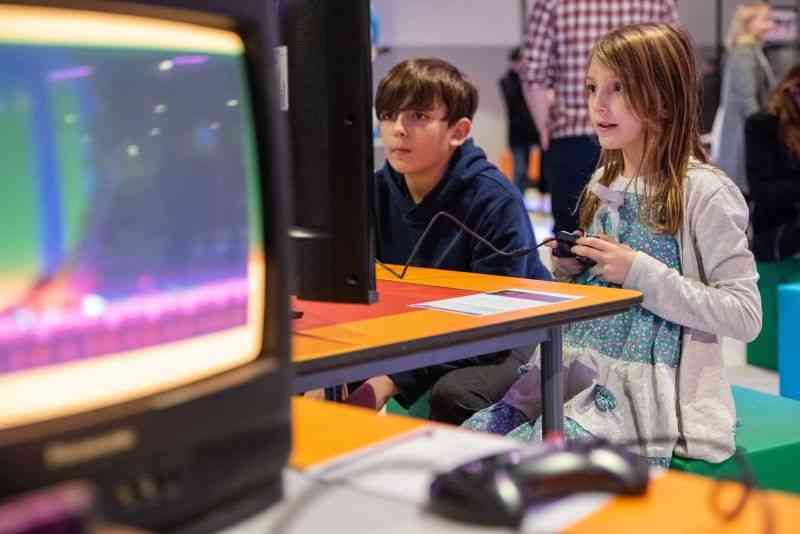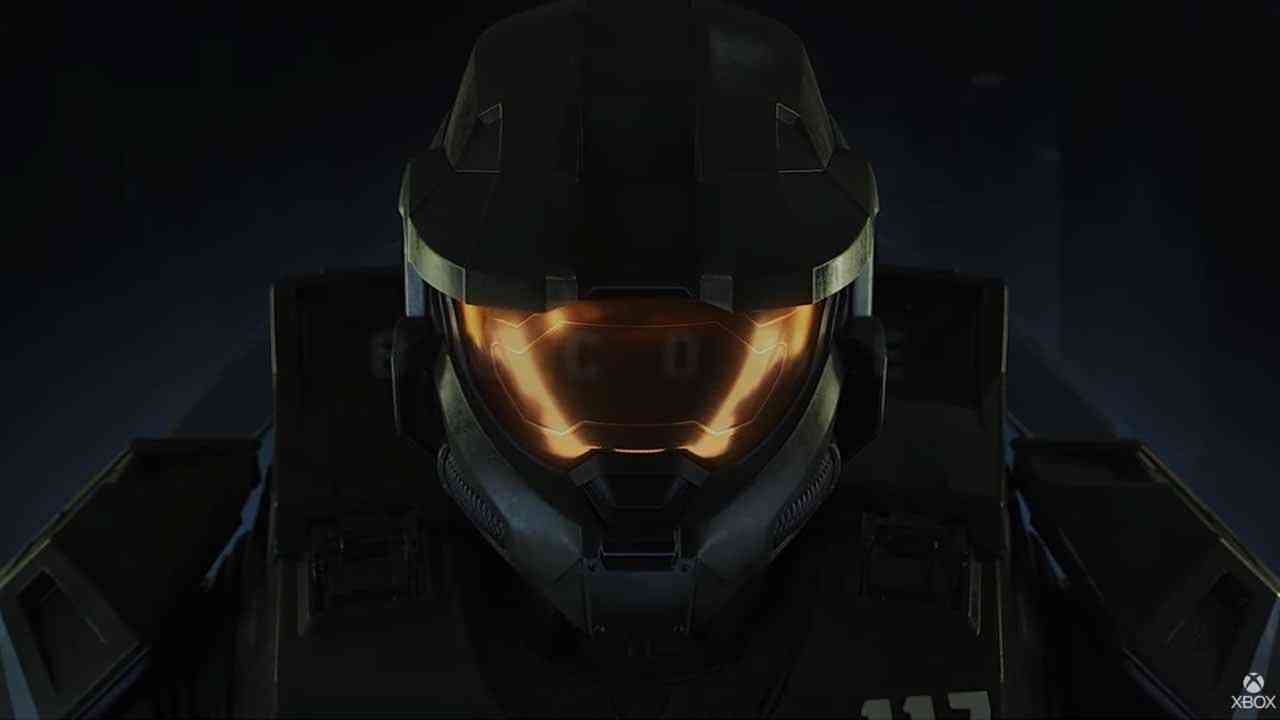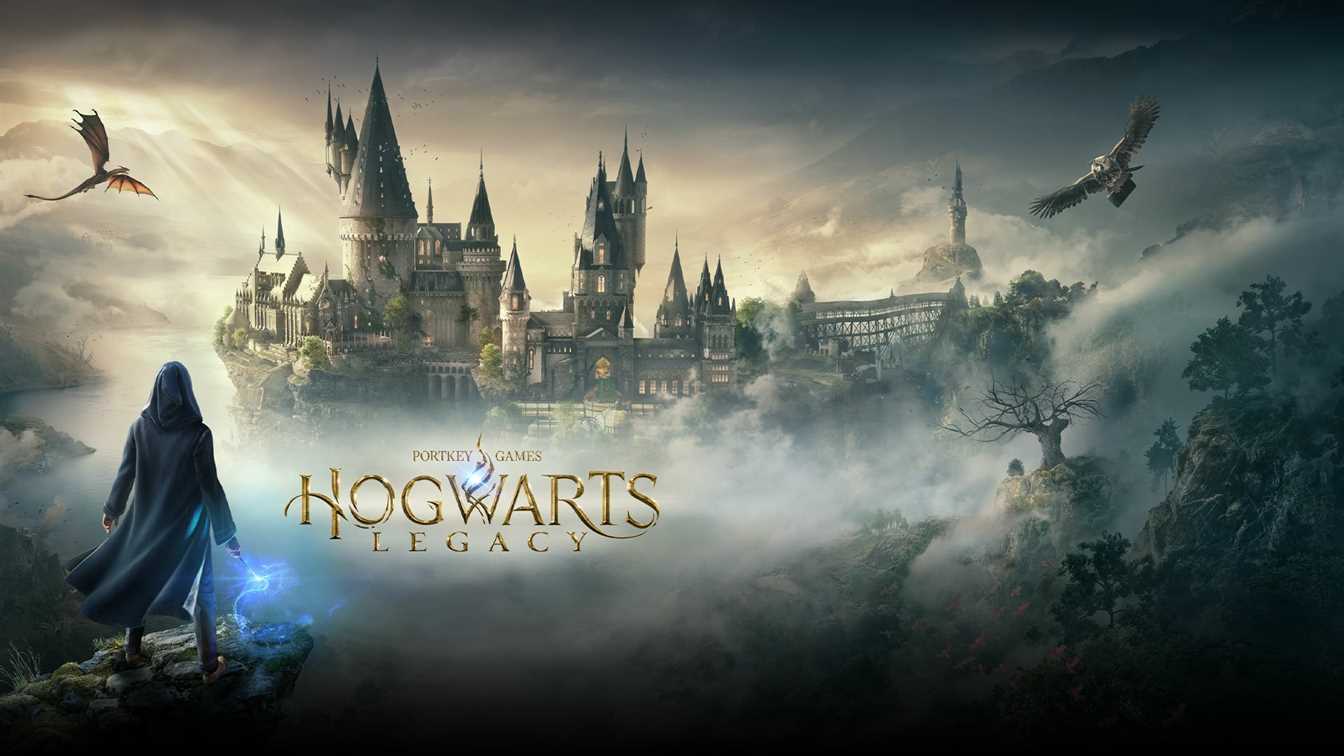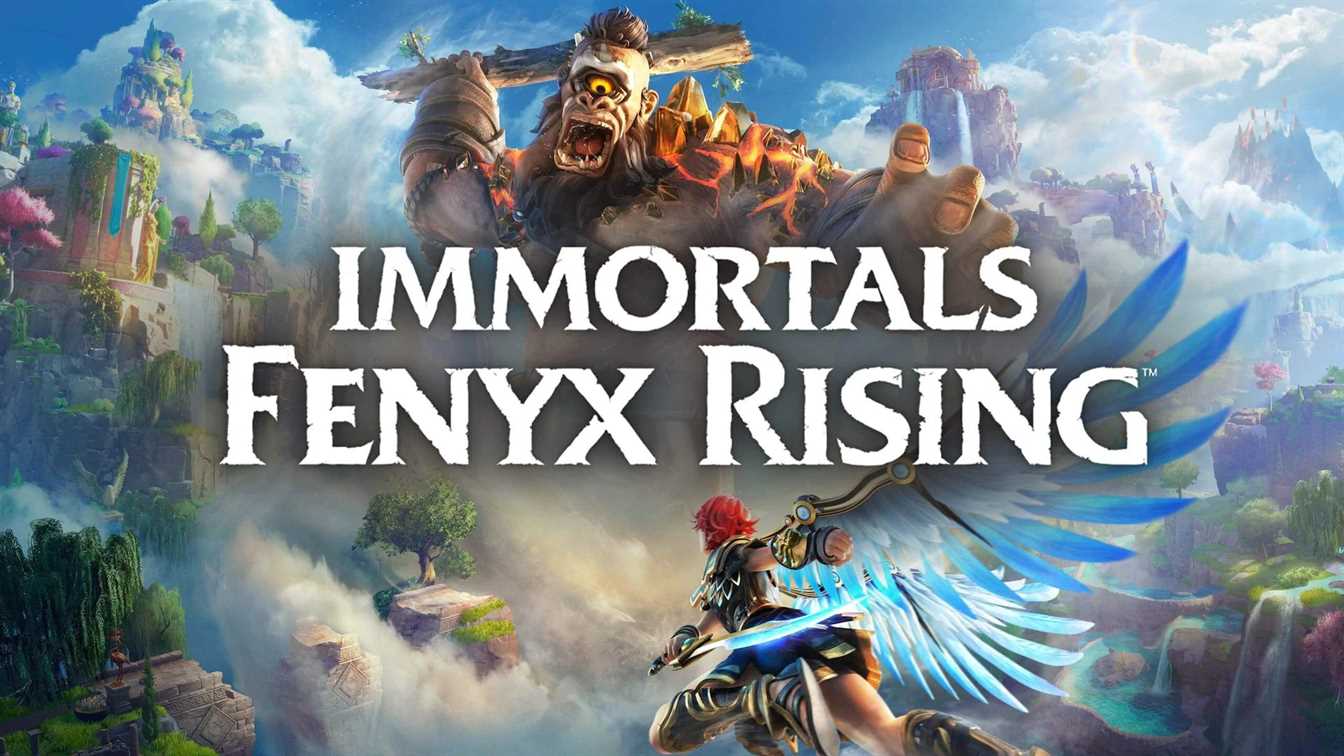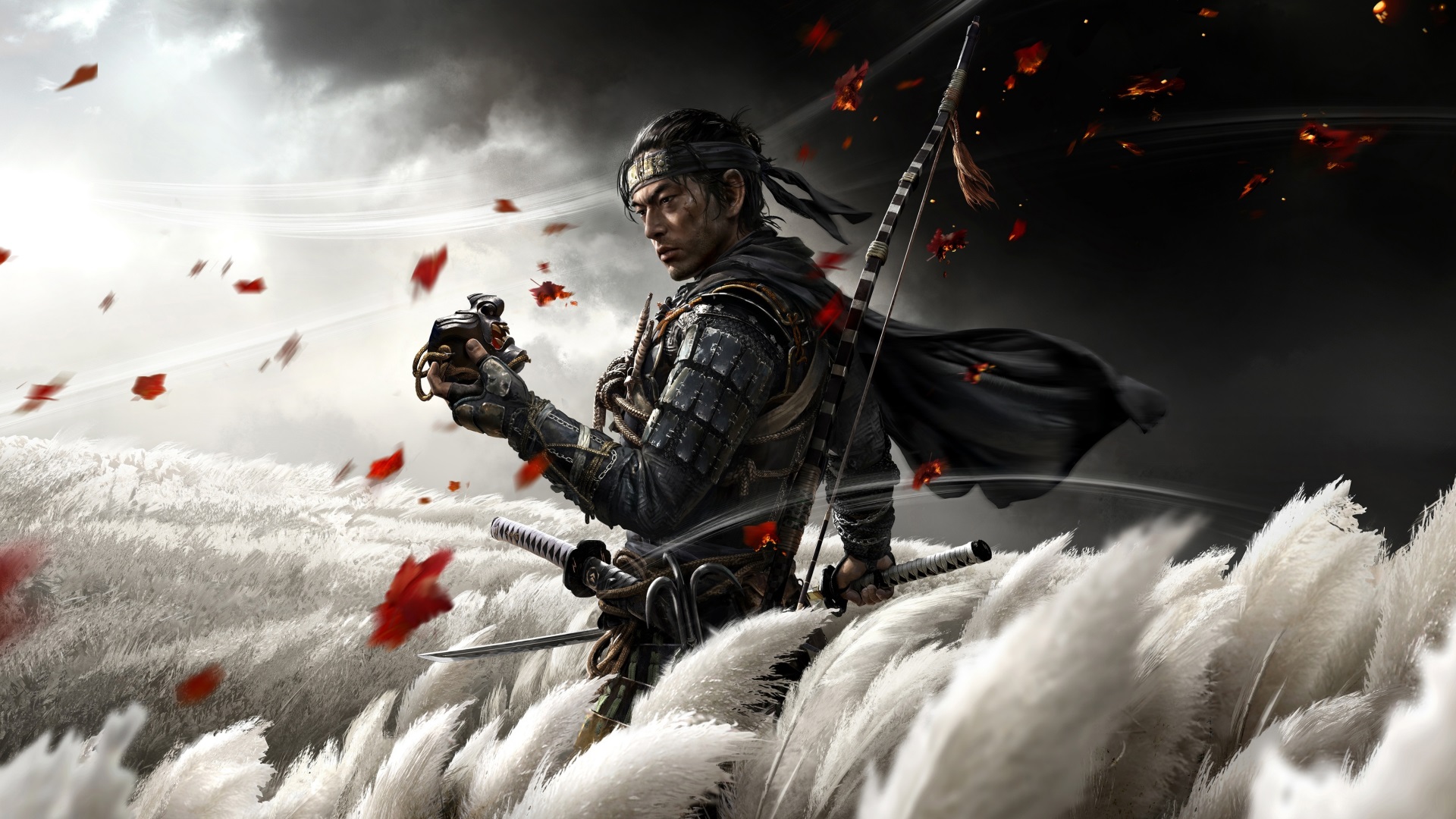National Videogame Museum Launches Videogames Preservation Network
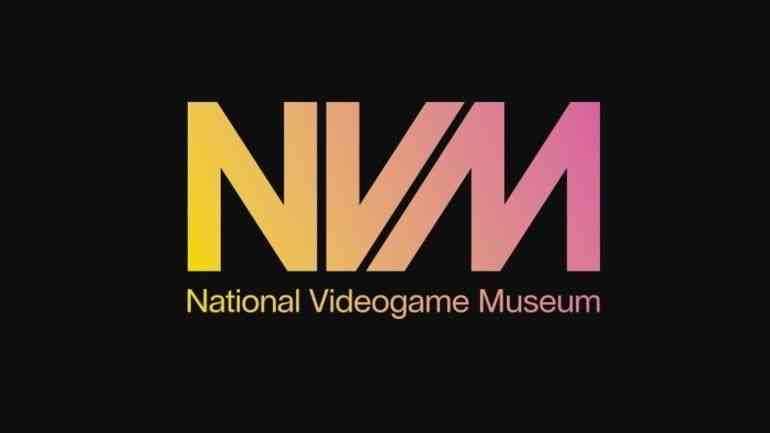
The National Videogame Museum is launching a new initiative today at BFI Southbank, leading a network of museums and independent collectors who are engaged in videogame preservation. The Videogame Heritage Society (VHS) includes the Science and Media Museum, Bath Spa University, British Library and Museum of London as well as many independent collectors. It will develop best practice and share knowledge across the museum sector and beyond about preserving and exhibiting videogames.
National Videogame Museum Launches Videogames Preservation Network
Ian Livingstone, chair of the BGI (the charity which governs the NVM) commented, “This group is for anyone who cares about or works in videogame preservation. We recognise that in the UK and around the world, the expertise in this field isn’t just locked inside museums and heritage institutions, but also inside a wide range of dedicated and passionate private collectors. The VHS will bring everyone together to preserve the important heritage of videogames in our country.”
The event today will also mark the launch of a new White Paper: ‘Time Extend’, on video game history, heritage and preservation. There will also be a special address from legendary Nintendo console designer Masayuki Uemura. The National Videogame Museum has worked closely alongside Uemura, who is a professor at Ritsumeikan University in Kyoto and is giving a talk at the NVM on 26th February.
The NVM preserves the history of UK development through its UK Collection, a special collection within the Museum that focuses on the story of British videogames creation. This was recently launched with Rebellion, the first studio to formally collaborate with the NVM on the project.
Gina Jackson, Trustee for the BGI, said “In order to develop as an art form, to become more diverse and reflect all kinds of areas of our lives, and to build a cultural confidence that is sometimes absent, we need to be able to learn about videogames. In order to learn about them, we need to be able to access them and make sense of them. The work we’re doing at the NVM and BGI isn’t out of nostalgia. It’s out of a concern for the future. We want to be able to inspire and educate new kinds of game-makers to make new kinds of games.”
